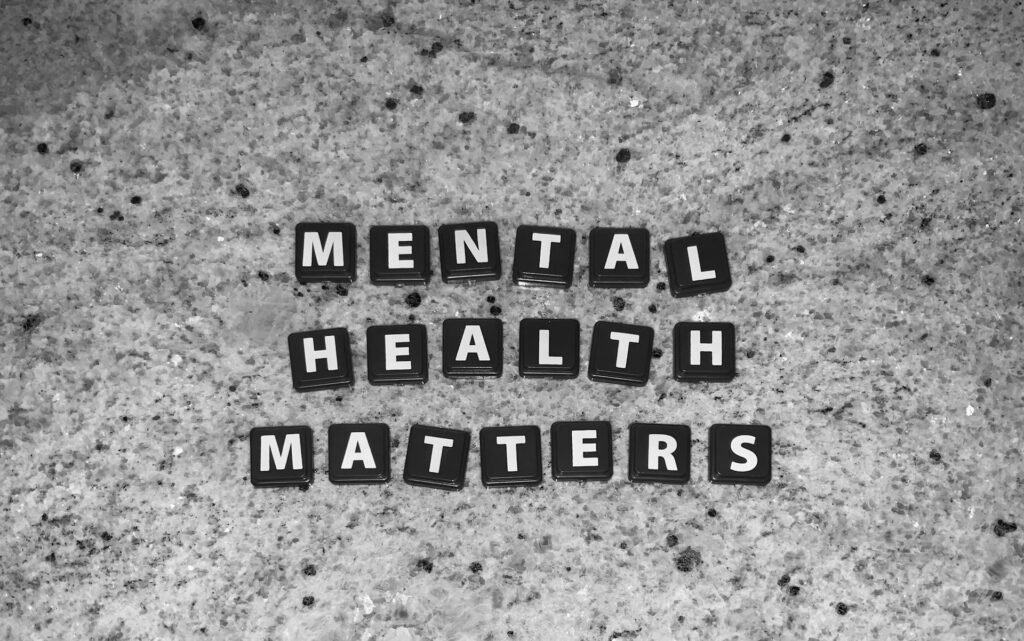Mental health is an essential part of our overall well-being, yet it is often misunderstood or overlooked. While physical health concerns like broken bones or the flu are visible and tangible, mental health issues can be less apparent but equally, if not more, impactful. Understanding what mental health is and recognizing its importance can help us lead more balanced, fulfilling lives.
What Is Mental Health?
Mental health refers to our emotional, psychological, and social well-being. It influences how we think, feel, and behave, as well as how we handle stress, relate to others, and make choices. Mental health is not simply the absence of mental illness; rather, it is a state of well-being in which individuals realize their abilities, can cope with the normal stresses of life, can work productively, and are able to contribute to their communities.
Mental health encompasses a wide range of conditions, from temporary episodes of anxiety or sadness to more persistent conditions like depression, bipolar disorder, and schizophrenia. It affects people of all ages, backgrounds, and walks of life.
Why Is Mental Health Important?
1. Affects Every Aspect of Life
Mental health plays a crucial role in how we function in daily life. It affects our relationships, job performance, academic success, and ability to participate in community activities. Poor mental healths can lead to difficulties in concentrating, making decisions, or maintaining relationships, which can, in turn, create a negative feedback loop.
2. Impacts Physical Health
The mind and body are deeply interconnected. Chronic mental healths conditions like depression and anxiety are often linked to physical issues such as heart disease, weakened immune systems, and digestive problems. Conversely, physical illnesses can also impact mental healths, demonstrating the importance of a holistic approach to health.
3. Promotes Resilience and Coping Skills
Good mental health equips people with the tools they need to manage stress, adapt to change, and overcome life’s challenges. Resilience—the ability to bounce back from adversity—is a key component of mental well-being and essential in today’s fast-paced and often unpredictable world.
4. Supports Productivity and Economic Stability
Employees with strong mental healths are generally more productive, creative, and engaged. Mental healths challenges, on the other hand, can result in absenteeism, reduced work output, and increased healthcare costs. At a societal level, investing in mental healths can lead to economic benefits and a more robust workforce.
5. Enhances Quality of Life
Ultimately, good mental healths leads to greater satisfaction in life. It enables people to enjoy life’s moments, form meaningful relationships, and achieve their goals. When mental well-being is prioritized, individuals are more likely to live with purpose, joy, and a sense of fulfillment.
Reducing the Stigma
Despite its importance, mental healths is still stigmatized in many parts of the world. This stigma can prevent individuals from seeking help, leading to prolonged suffering and worsening conditions. Educating the public, promoting open conversations, and normalizing mental health care—just like physical health care—are vital steps toward breaking this cycle.
What You Can Do
Taking care of your mental health can include:
- Practicing self-care (adequate sleep, exercise, healthy diet)
- Building strong social connections
- Seeking professional help when needed
- Managing stress through mindfulness or meditation
- Avoiding substance abuse
- Staying engaged in activities that bring joy and meaning
Conclusion
Mental healths is not a luxury—it’s a necessity. It is just as important as physical health and deserves the same attention and care. By understanding mental healths and its importance, we can take proactive steps to improve our lives and the lives of those around us. Supporting mental healths isn’t just a personal responsibility; it’s a societal one.

